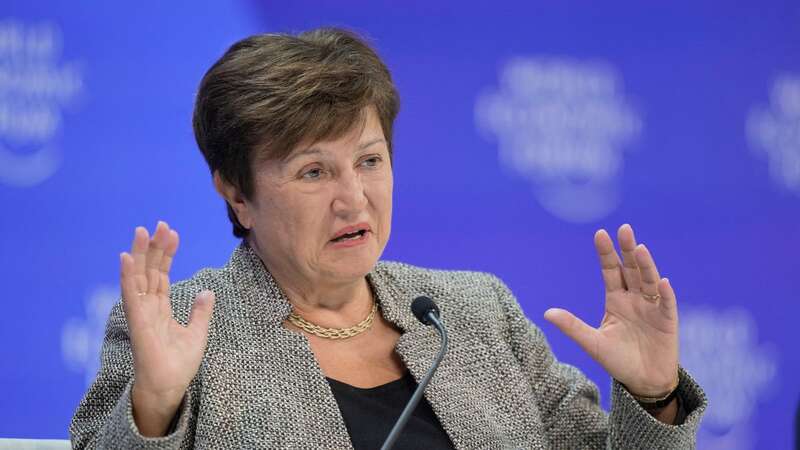
The head of the International Monetary Fund said this week that the world economy has proven surprisingly resilient in the face of higher interest rates and the shock of war in Ukraine and Gaza, but "there is plenty to worry about,'' including stubborn inflation and rising levels of government debt."
"Inflation is down but not gone,'' Kristalina Georgieva told reporters at the spring meeting of the IMF and its sister organization, the World Bank. She also warned that government debts are growing around the world.
Last year, they increased to 93% of global economic output - up from 84% in 2019 before the response to the COVID-19 pandemic pushed governments to spend more to provide healthcare and economic assistance. She urged countries to more efficiently collect taxes and spend public money. "In a world where the crises keep coming, countries must urgently build fiscal resilience to be prepared for the next shock,'' she said."
On Tuesday, the IMF said it expects to the global economy to grow 3.2% this year, a modest upgrade from the forecast it made in January and unchanged from 2023. It also expects a third straight year of 3.2% growth in 2025. The global economy has shown surprising resilience, but it's still underperforming compared to historical standards, with an average growth of 3.8% from 2000 to 2019.
She identified one reason for the sluggish global growth as a lack of improvement in productivity. She pointed out that nations have struggled to efficiently pair workers and technology, and years of low interest rates - which only ended when inflation rose in 2021 - had enabled "firms that were not competitive to stay afloat.''
 Britain faces the worst recession among G7 partners, economists predict
Britain faces the worst recession among G7 partners, economists predict
She also highlighted the issue of an aging "labour force that doesn't bring the dynamism'' required for quicker economic growth in many countries. The United States, however, has bucked the trend of weak productivity gains over the past year. Georgieva noted that compared to Europe, the US makes it easier for businesses to introduce innovations to the market and benefits from lower energy costs.
She suggested that countries could boost their economies by cutting bureaucratic red tape and encouraging more women into the workforce.
Read more similar news:
Comments:
comments powered by Disqus

































